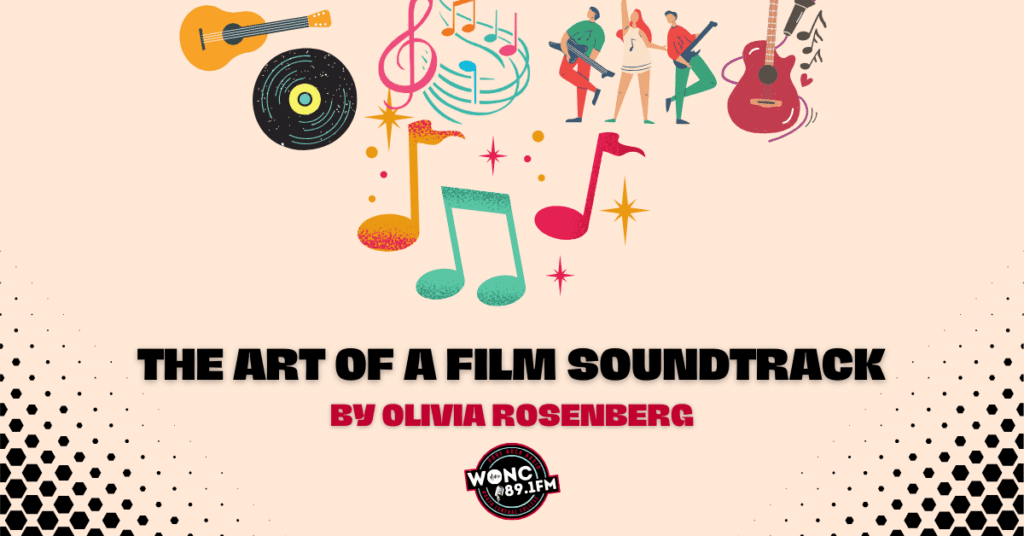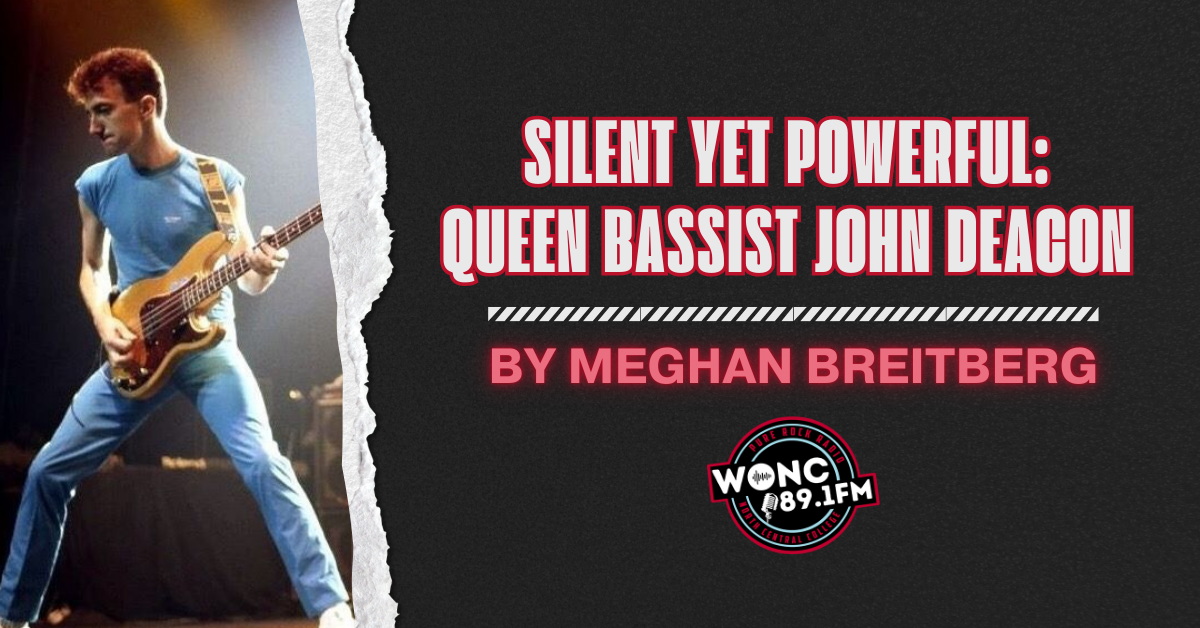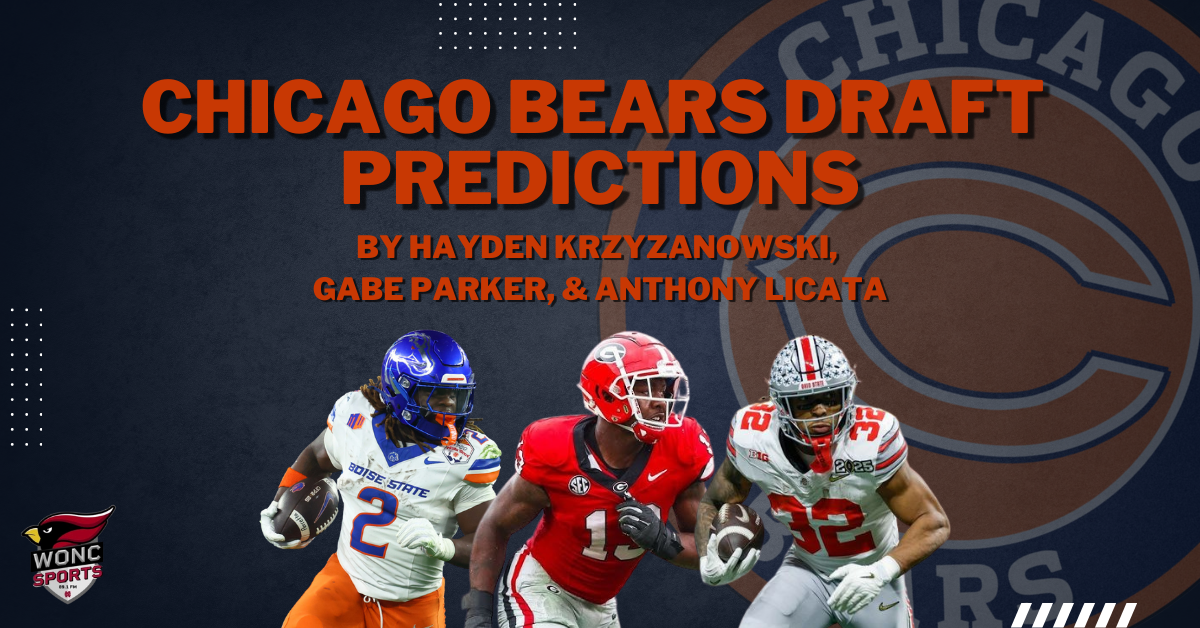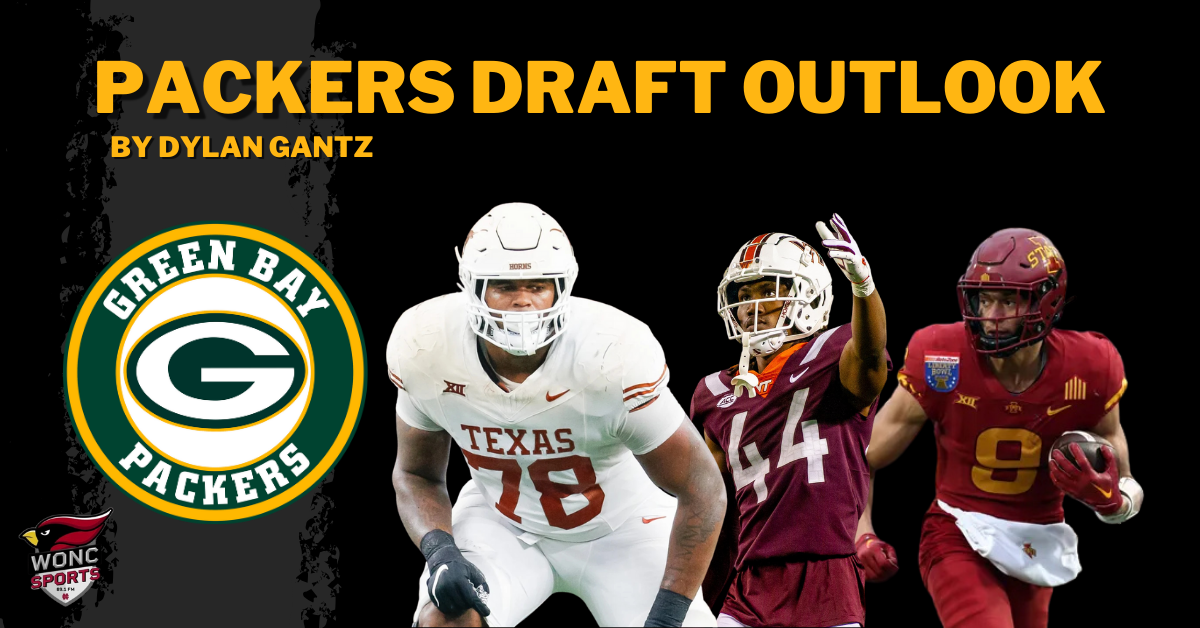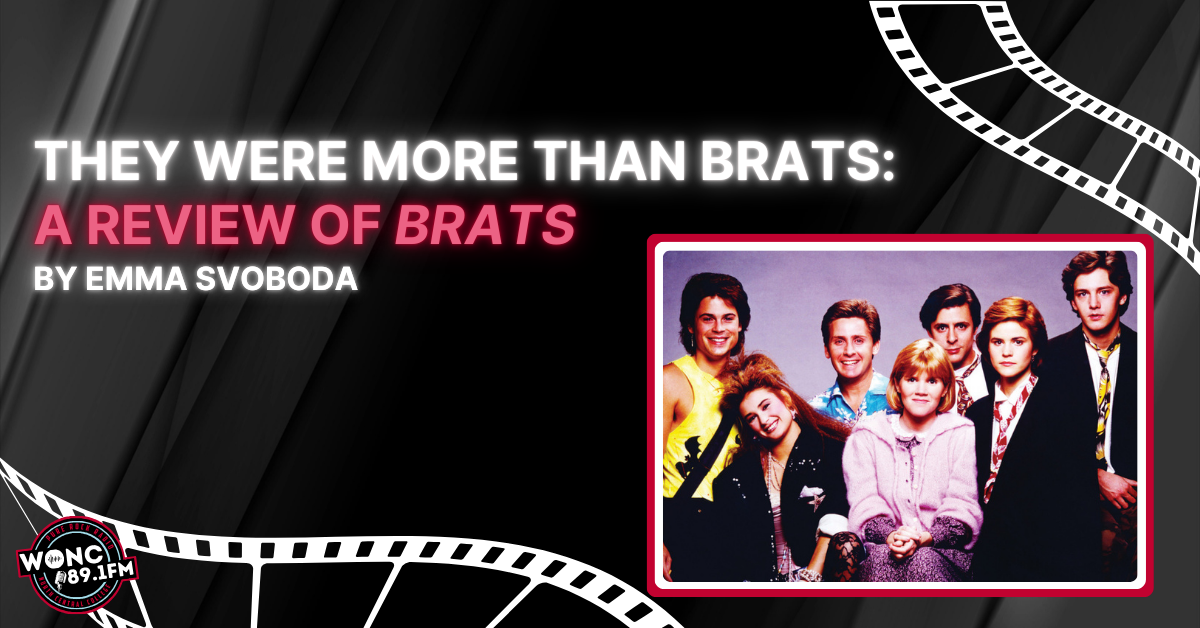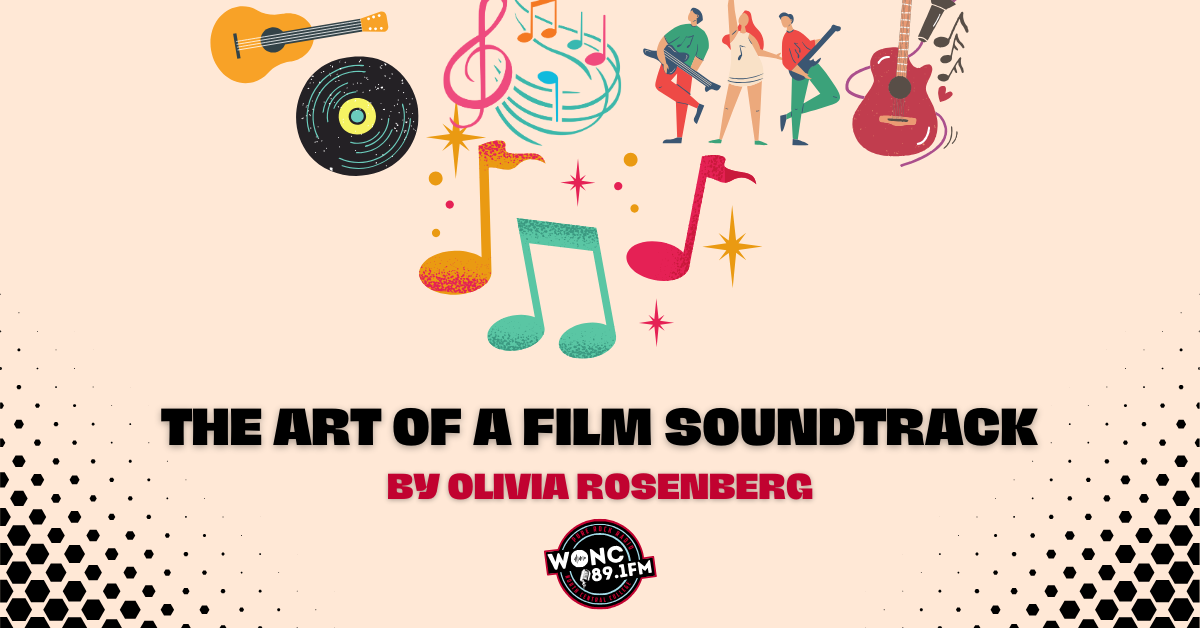by Olivia Rosenberg
“Mrs. Robinson,” “Stayin’ Alive,” “My Heart Will Go On,” and “Lose Yourself.” These are all songs that were originally created for the big screen but continued to be hits beyond the movie from which they originated. Not everyone has seen The Bodyguard, but almost everyone has heard Whitney Houston’s rendition of “I Will Always Love You” done for the film. Movie soundtracks are a fundamental aspect of post-production filmmaking that can turn a film from good to great; a perfect needle-drop makes a scene all the more iconic. From “Sunshine of Your Love” in Goodfellas to “Life is a Highway” in Cars, the right song can easily become the defining feature of a movie.
The Grammys started awarding films for the soundtracks beginning in 2000 with a new award titled Best Compilation Soundtrack Album for a Motion Picture, Television or Other Visual Media. The first ever winner was Phil Collins for his work on Tarzan. With an iconic soundtrack, Almost Famous by Cameron Crowe won the Grammy in 2001. Its killer lineup included Simon & Garfunkel, The Who, Yes, and David Bowie. Most famously, the movie has a whole scene dedicated to Elton John’s “Tiny Dancer,” which boosted the song’s popularity in the 2000s. Elton John was quoted by Rolling Stone saying that “Cameron resurrected that song,” emphasizing how influential a movie soundtrack can be not only to the film itself, but also the music it features.
Other well-known winners of the Grammy include Juno, Slumdog Millionaire, La La Land, and Barbie. The Academy has yet to recognize film soundtracks as a filmmaking achievement, but I argue that they should. They’re the cherry-on-top and deserve to be seen as a fundamental part of the movie making process. Would Guardians of the Galaxy have been another cookie cutter superhero movie without “Hooked on a Feeling” or “Come and Get Your Love?” Think about the artistry that went into choosing the many story-centering songs featured in High Fidelity. Would the iconic Dirty Dancing lift still be replicated without “(I’ve Had) The Time of My Life” playing?
Movie soundtracks add a second narrative to a film, creating another layer of depth to the story. The right music can amplify an already existing tone, evoking even more emotions from audiences. They can also take on a life of their own with fans being able to purchase the full album and continue to listen without even watching the movie. With a great soundtrack, a movie’s identity can be carried beyond the screen by continuing to listen to its music outside of the theater.

